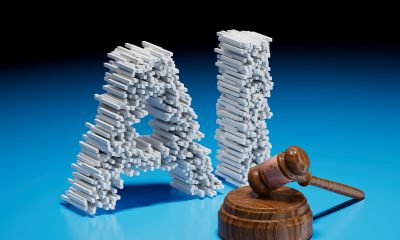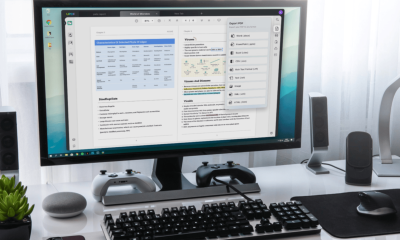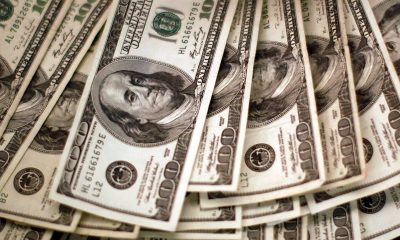Investing
Analysis – BHP faces nickel choice this year as high-cost Australian miners suffer

© Reuters. FILE PHOTO: A view of a new nickel sulphate plant that global miner BHP Group is building to service the battery industry at its Nickel West operations, south of Perth, Australia August 2, 2019. Picture taken August 2, 2019. REUTERS/Melanie Burton/File Ph
2/2
By Melanie Burton
MELBOURNE (Reuters) – Australian nickel producers, hit by a sharp jump in supply from rival Indonesia, are starting to buckle under low prices that analysts expect will force a rethink by top global miner BHP Group (NYSE:) on its nickel strategy this year.
The metal has long been feted as a key battery material for electric vehicles because it improves energy density so cars can run further on a single charge.
BHP has promoted nickel as core to its green strategy. It signed a deal to supply Australian nickel to Tesla (NASDAQ:) in 2021, touting the country’s rich geology and strong financial and environmental regulations.
But Australia’s producers have been squeezed by Indonesia’s emergence as a supply powerhouse and on the demand side by innovations away from using nickel in batteries, which have led to a 40% price slump over the past year to around $16,000 a ton.
“The challenges facing many nickel producers are unlikely to ease near term. We are bearish on the commodity and quite cautious on assets and producers,” said UBS analyst Lachlan Shaw.
Lithium iron phosphate (LFP), which does not use nickel, has been gaining ground as the EV battery chemistry of choice, especially in China, because LFP batteries can be produced more cheaply, making EVs more affordable.
However, BHP has placed a big bet that nickel sulphide deposits in low-risk jurisdictions will attract a premium because they use less energy to extract nickel than laterite deposits found in Indonesia.
It is not alone.
Wyloo Metals, which last year bought nickel miner Mincor for $504 million, still believes in the long-term fundamentals for Australian nickel, said CEO Luca Giacovazzi.
“The industry needs a more appropriate and transparent pricing mechanism, that distinguishes between clean and dirty nickel, so consumers can be confident their EV really is a better choice for the environment,” Wyloo’s Giacovazzi told Reuters.
But for now, weak prices have forced Australia’s high cost producers to announce a swathe of writedowns and restructures, with Canada’s First Quantum (NASDAQ:) the latest to cut production.
SHELVING PROJECTS?
Earnings tanked at BHP’s nickel business in the 2023 financial year, sliding 61% from a year earlier to just $164 million. The division accounts for less than 1% of its earnings.
“We are working hard to remain globally competitive in a very tough operating environment. Costs have risen sharply and continue to go up while prices have fallen as new supply comes into the market,” said BHP Nickel West Asset President Jessica Farrell.
She said the company is working to “take action to address these challenges”, without elaborating.
At its Western Australian nickel operations, BHP is assessing options for a major smelter renewal and a mine expansion while it sets out to build the West Musgrave mine that it acquired with its $6.4 billion takeover of Oz Minerals.
One option for BHP could be for it to delay West Musgrave until the market recovers, said Barrenjoey analyst Glyn Lawcock.
“Clearly right now nickel is challenged,” he said. “(But) I think to write nickel off today for forever is a big call.”
Even with the growing use of LFP batteries, they won’t capture 100% of the market. As consumers go for cheaper cars, governments could mandate greener sourcing policies, he noted.
“It’s going to be a big decision point for BHP this year,” Lawcock said.
Read the full article here

-

 Side Hustles5 days ago
Side Hustles5 days ago5 Things That Could Significantly Impact Your Company in 2025
-

 Investing5 days ago
Investing5 days agoNFI Group surge after board reshaped with new appointments, chairperson By Investing.com
-

 Side Hustles6 days ago
Side Hustles6 days agoHow Failing 22 Times Paved the Way to My Success
-

 Passive Income4 days ago
Passive Income4 days ago3 Challenges Entrepreneurs Will Face in 2025
-

 Side Hustles4 days ago
Side Hustles4 days agoThe Canadian Media Lawsuit That Could Reshape Tech’s Future
-

 Investing6 days ago
Investing6 days agoChinese hack of US telecoms compromised more firms than previously known, WSJ says By Reuters
-

 Investing6 days ago
Investing6 days agoApple Siri Settlement: Who Is Eligible for a Cash Payout
-

 Side Hustles6 days ago
Side Hustles6 days ago3 Strategies to Make Your Next Campaign Go Viral


















